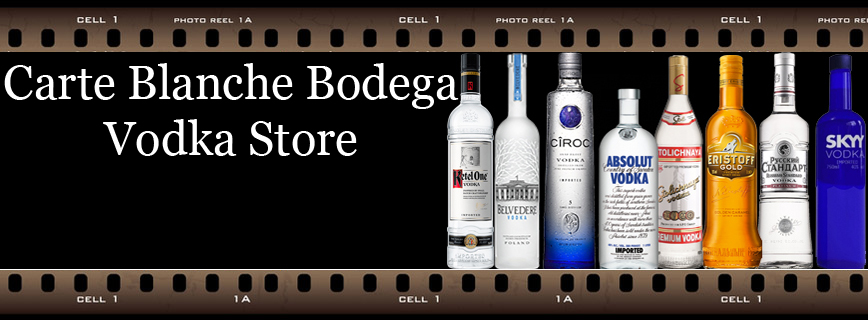
Vodka is a clear, high-strength alcoholic beverage made from two base ingredients; ethanol and water. The purity of the ethanol and the quality of the water are essentially the only factors governing the mouthfeel and flavor of the finished product.
The name vodka is derived from the Slavic word voda, which means "water". As the additional "k" puts the word into its diminutive form, vodka can be translated as "little water".
”Show-More”
Vodka has been produced for more than a thousand years, with the earliest documented production dating back to 9th-Century Russia. It is thought that the vodka-producing tradition then moved westwards, reaching Poland by the 11th Century. Some vodka brands we know today have their origins in the 16th and 17th centuries, Zubrowka and Goldwasser among them. Smirnoff and Stolichnaya, perhaps the world's two most famous vodka brands, are relatively new by comparison, dating back to the late 19th and mid-20th centuries respectively.
Vodka can be distilled from any number of a broad range of raw ingredients, as long as there is a high content of starchy sugars. While the majority of modern-day vodka is based on such cereals as corn, sorghum, rye and wheat (the latter two typically produce the finest quality vodkas), the base alcohol can also be produced from potatoes, rice, sugar beet and soy beans. In theory molasses and grapes can also be used, but this raises the question of how to distinguish such vodkas from rum and brandy, which are made from molasses and grapes respectively. Worth noting is that the only distinction between rye whisky and rye vodka is that the former is distilled just once, and only to the alcohol purity at which it will be sold, while the latter is distilled to 95 percent purity and then cut with water.
The number of distillations through which a vodka is put before bottling is a significant factor in its quality. Double distillation is usual, but some producers make a point of using triple distillation. Anything beyond this and the quality/quantity ratio of finished vodka falls below the point of economic viability. Filtrants such as activated charcoal are sometimes introduced into the still to purify the spirit further, although this practice is generally limited to larger-scale producers who require a homogenized product.
It is often the specific combination of impurities that distinguishes one vodka from another; to filter these out is to remove whatever separates a particular vodka from simple ethanol. As is the case for whisky, the water used to dilute the spirit down to its final strength is of equal importance, particularly as it comprises almost half of the bottled product. However pure and distinctive the uncut spirit, diluting it with water of low quality will result in a low-quality product.
Vodka is often consumed straight, particularly in Slavic cultures, but as its popularity has increased around the world, it is increasingly used as a reliable base alcohol for various mixed drinks and cocktails. Its most common non-alcoholic blending partners are cola, orange, lime, cranberry and soda/tonic water, and it lends itself particularly well to more complex cocktails due to its lack of obvious flavor.
Modern consumer trends have enabled the vodka market to expand dramatically over the past few decades, with diverse flavorings such as honey, mango, lime, blackcurrant, chocolate, coffee and chilli being used to spice up vodkas, significantly increasing the breadth of their appeal, particularly to younger consumers.
European Union legislation defines vodka as "a spirit drink produced by either rectifying ethyl alcohol of agricultural origin, or filtering it through activated charcoal, possibly followed by straightforward distillation or an equivalent treatment, so that the organoleptic characteristics of the raw materials are selectively reduced".
Food matches for vodka:
- Europe: Penne alla vodka (pasta with sauce); salad Olivier (Russian salad)
- Asia: Do chua (pickled carrot and daikon); salmon sashimi
- Americas: Caviar; scallop ceviche; chocolate, vodka and raspberry cupcakes (sweet)
- Australasia/Oceania: Smoked trout canapés; sticky vodka, orange and chili cake (sweet)
”Show-Less”
![]() Visit our Vodka brands and shop online
Visit our Vodka brands and shop online
 |
 |
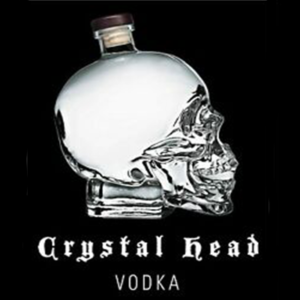 |
 |
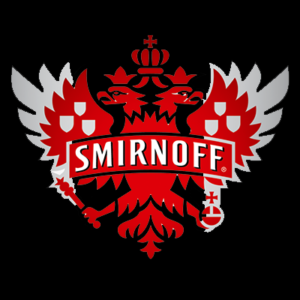 |
 |
 |
 |
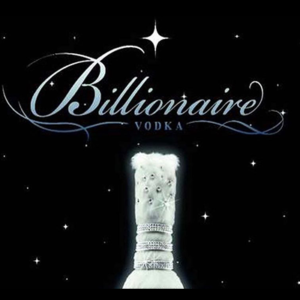 |
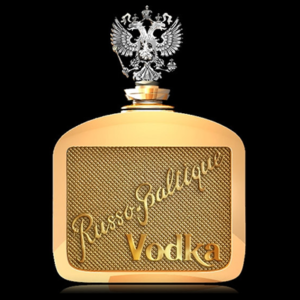 |
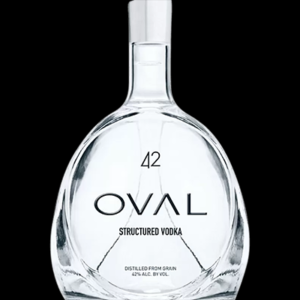 |
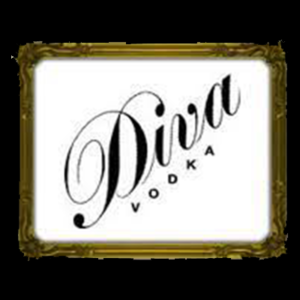 |
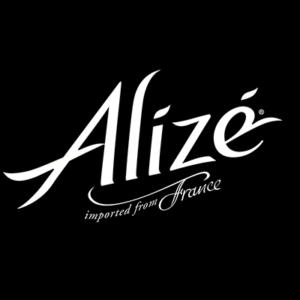 |
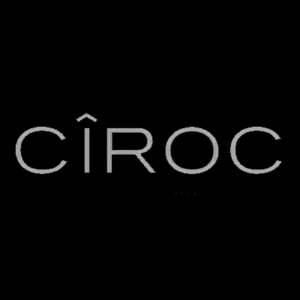 |
 |
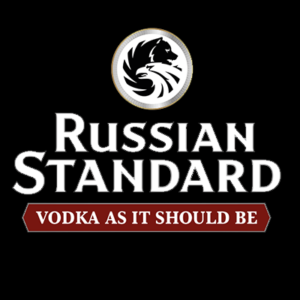 |
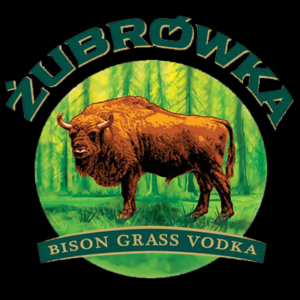 |
 |
 |
Contact our hostelry experts for all your requirements - Contact us
